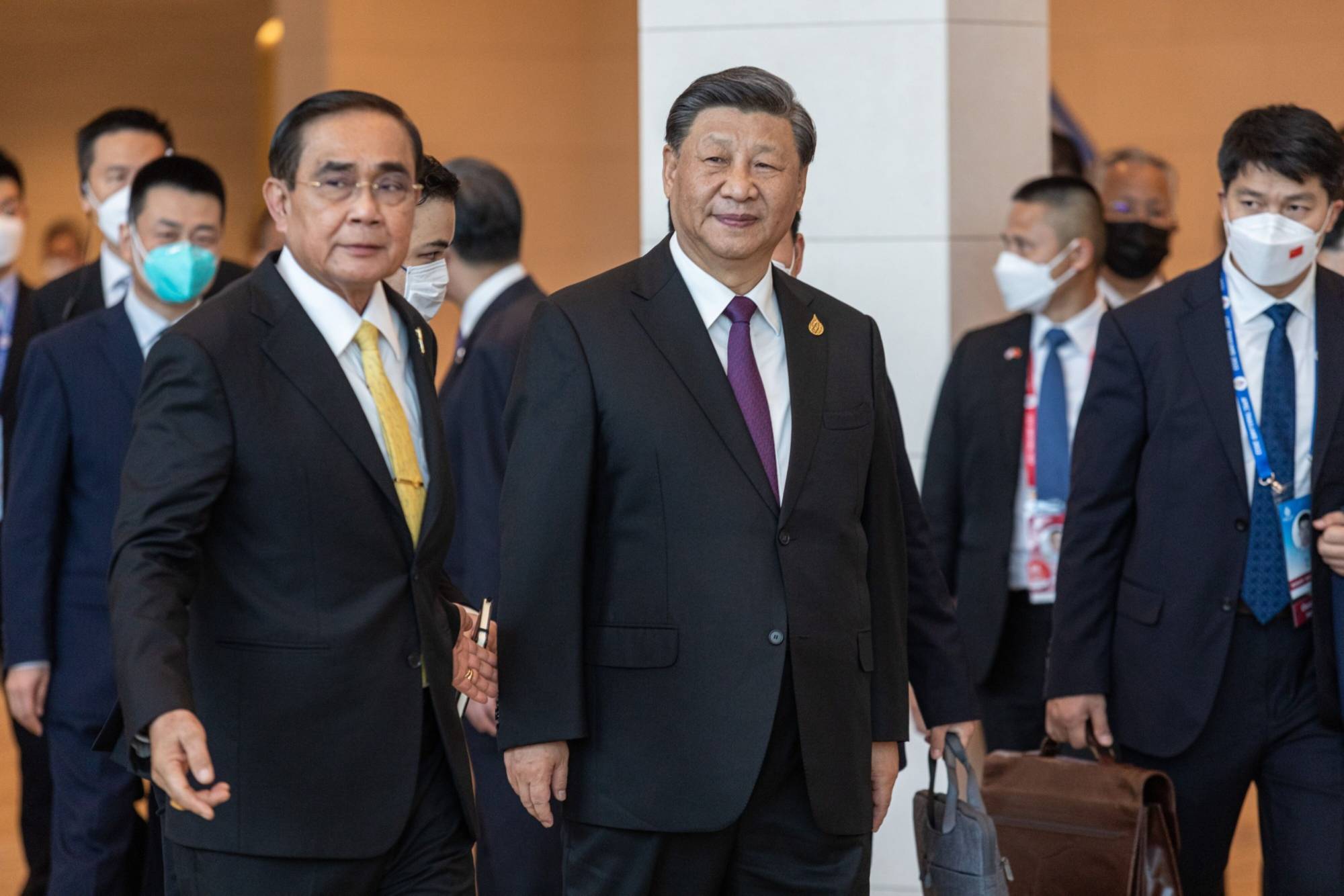Anxiety surrounding the rise of China, the rise of the rest, or the “revisionism” of certain countries reflects more than fears that those governments will use their new strength to settle scores.
More worrying is the prospect of a restructuring of international relations and creation of a new “global order” with new rules and guiding principles.
Asia’s rise over the last three decades, its centrality to the global economy and the wealth that it has accumulated as a result have focused attention on regional thinking about preferred conceptions of order. The long-held belief that Asian societies have different preferences from those of the West, especially regarding the relationship between the individual and the state — most particularly when it comes to democracy and human rights — has spurred considerable hand-wringing about the impact of a greater Asian role in global rules-making.


















With your current subscription plan you can comment on stories. However, before writing your first comment, please create a display name in the Profile section of your subscriber account page.